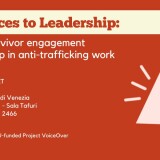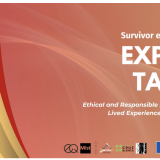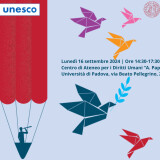IMPACT_Veneto: presentazione dei risultati in itinere
Ieri abbiamo presentato i risultati in itinere della ricerca condotta sul migranti e accesso alla casa in Veneto alla “RC21 Conference 2021: Sensing the City | Place, People, Power“, organizzata dall’Antwerp Urban Studies Institute.
Ne abbiamo discusso alla session “S71 | Precarious beginnings – Global perspectives on forced migrants’ struggle for housing” presentando il paper “Forced migrants’ struggle to find home in the Veneto Region (Italy): local challenges and responses” di Giovanna Marconi e Eriselda Shkopi
abstract del paper:
Having completed their application process for humanitarian protection, 17,689 forced migrants had to leave the Italian reception system in 2019. Less than half of them (39.5%) have reached labour and housing autonomy. In the same year in the Veneto Region (North East of Italy) 9,374 forced migrants were still living in reception facilities. Many have already finished their period of stay, and most of them will have to exit soon. Although they represent only 0.2% of the total population of the region, they are facing serious difficulties in accessing housing, and stakeholders on the ground convene that this is the major challenge they face. Based on the preliminary results of a year-long in depth qualitative research started in June 2019 as part of an AMIF project, which explored the 7 main cities of Veneto, this paper intends to delve into this issue by examining for these cities: i) the state of the public and private housing markets, and the barriers that migrants encounter in accessing it due to the structural lack of available public social housing stock and institutional discrimination on the one hand, and high levels of xenophobic attitudes, non decent housing, unaffordable costs, spatial segregation, intercultural conflicts and evictions on the other; ii) the (often innovative) bottom-up initiatives to help forced migrants to find (and maintain) adequate housing, promoted by civil society organizations’, CBOs and informal groups – sometimes in collaboration with local governments – which are promising but far from compensating for the void left by policies.





